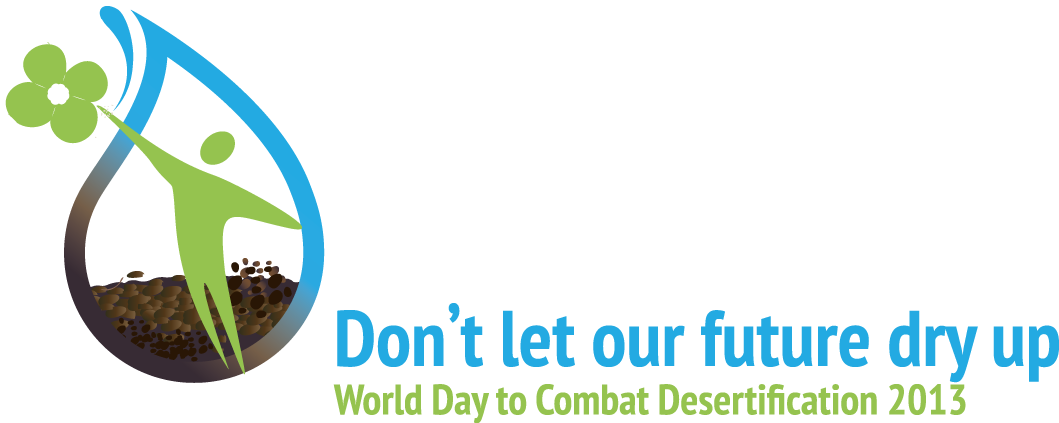
Following on from last week’s Ocean Day, Monday 17th June marks another water-themed homage, this time aimed at combating water scarcity. 2013’s catchily-entitled World Day to Combat Desertification, aims to encourage world-wide awareness of the risks of drought and water scarcity.
If you think recurring hose pipe bans in the UK are enough to grumble about, spare a thought this week to those living in areas of real water scarcity. The UN estimates that on average, each individual human being on the planet needs 2000m³ of water to live. In contrast in some of the world’s driest places – most notably in many parts of Africa – people only have access to 1300m³.
To look at things from another angle, although most of earth is made up of ocean, only 2.5% of the world’s water is freshwater. And out of this, less than 1% is able to be used by humans and other ecosystems.
But despite these discouraging figures, the United Nations Convention to Combat Desertification (UNCCD) is far from defeatist in its approach. Explaining this year’s choice of slogan – “Don’t let our future dry up” – UNCCD states: “The slogan embodies the message that we are all responsible for water and land conservation and sustainable use, and that there are solutions to these serious natural resource challenges. Land degradation does not have to threaten our future.”
So what can you do? Well the EU-funded DESIRE project argues that local solutions are the most effective in combating this otherwise very global problem. Highlighting the fact that over 12 million hectares of land are lost to desertification every year (that’s an area half the size of the UK!), the project is working with a broad spectrum of people to establish ways to best use land in order to prevent it falling into disuse. Coen Ritsema, Project Coordinator of DESIRE, believes that bringing people from different backgrounds to come up with new solutions to desertification is the way forward. In practice this means working with academics, policy makers and farmers to create, test and develop, for example, sustainable farming methods.
Water Scarcity Map.

If you would like to learn more about promoting sustainable farming methods around the world from the grass roots up, why not consider volunteering on one of our conservation projects abroad? We currently have a number of opportunities available around the world, from sustainable education outreach programmes in Malawi to volunteering on an ecotourism project in Ecuador’s Andean cloud forest. Spending time as an environmental volunteer is a great way of learning about the many conservation issues we currently face, while helping to find solutions to them. Find out more about how our current volunteers are helping the environment here.

